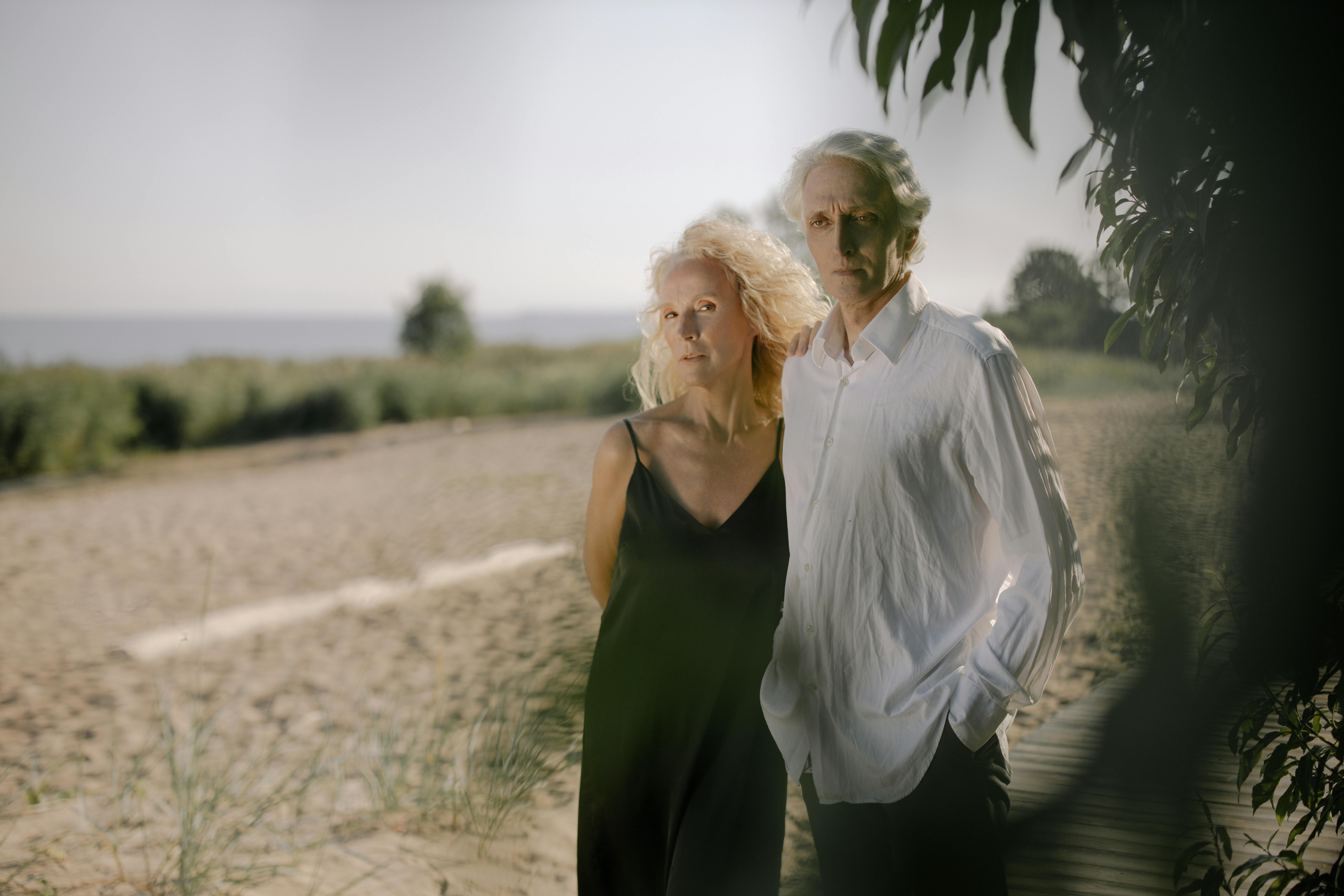The ancient traditional Hindu science of health and medicine, Ayurveda, recommends washing the nasal cavities with saline water every day. This practice, called ‘Neti’, has been used by yogis in preparation for extended meditations and yoga practices to ensure clear and open airways, resulting in easy breathing.
It’s easy to dismiss grandma’s advice to gargle with saline water as an ancient cure that’s outgrown science. As Dr. Philip T. Hagen said, gargling with warm saline water relieves sore throats and speeds recovery from colds and flus, and can draw excess fluid from inflamed tissue in the throat, which also relieves pain . Dr. Philip Hagen has also emphasized that gargling with saline water loosens thick mucus, which can remove irritants such as allergens, bacteria, and fungi from the throat.
The concentration of salt in human blood is 0.9% by volume. Human tears and sweat are also saline. This presence of saline inhibits many potentially dangerous infections. For many centuries, salt has been used in food preservation. According to the scientific literature, the amount of salt inhaled during a 45-minute Halotherapy / Salt Therapy session is 100 times less than the recommended daily intake of salt. Also, most of the inhaled salt is removed from the lungs by breathing and excreting mucus.
Salt therapy and food preservation mechanism of action are based on the phenomenon of osmosis. Osmosis is the tendency of a solvent, usually water, to pass through a semi-permeable membrane into a solution where the solute concentration is higher, thus equalizing the concentration of materials on both sides of the membrane. Essentially, this means that if a cell is put into a solution in which the solute concentration of minerals is higher than its own, the cell will wither. In the context of halotherapy/salt therapy, viruses and bacteria dry out in the lungs after inhalation of sodium and chloride (salt) minerals.
Bronchial cilia constantly move up the lining of the lungs and trachea to remove mucus and foreign materials. Its removal protects the lungs from infection and allows for easier breathing.
Experiments by Dr. Albert P. Krueger and Dr. Richard F. Smith at the University of California have shown how negative ionization affects people sensitive to airborne allergens. The bronchi and the trachea, or windpipe, are lined with tiny filaments called cilia. The cilia normally maintain a whip-like motion of about 900 beats per minute. Along with mucus, they keep human airways free of dust and pollen. Krueger and Smith exposed tracheal tissue to negative ions. This resulted in ciliary movement speeding up to 1,200 beats per minute and increased mucus flow.
The mucus secreted in the lungs protects the lungs by trapping allergens, bacteria, and viruses. However, if the mucus is not cleared from the lungs, it becomes toxic, decreasing lung volume and obstructing the airways. As a result, physical action (halotherapy/salt therapy) is sometimes required to improve lung function. “Surprisingly, scientists have discovered that bacteria have enough collective or chemical consciousness to come together and form intelligent colonies. These intelligent colonies of bacteria are called ‘biofilms.'” (McCabe, 2004)
In the lungs, bacterial biofilms act as a multicellular microorganism and are anaerobic, meaning they cannot live in an oxygen-rich environment. “A prolific variety of environmental niches form, and the biofilm provides protection against antibiotics and toxins (poisonous substances; in this case, negatively charged ions).” (Compensation, 2001)
Dry salt spray is negatively charged (like oxygen) and can oxidize the biofilm structure, which can lead to biofilm disintegration. Biofilm oxidation can be compared to metal oxidation. Therefore, the disintegrated biofilm structure can be removed from the lungs. Additional amounts of water reaching the lungs through osmosis (caused by mineral salts) dilute the biofilm, further accelerating the removal of biofilm and mucus.
“The art of medicine consists in amusing the patient while nature cures the disease.”
-Voltaire
McCabe, E. (2004). Flood your body with oxygen. miami shoresFlorida: Energy Publications.
Netting, J. (2001, Jul 14). Science News, 160, No. 2, [17-32].
Disclaimer:
The information in this article should not be considered medical advice. The information contained is the result of extensive study and research and should be considered solely as an opinion. The information in this article is not intended to treat, diagnose, prescribe, or cure any ailment. Always check with your doctor before taking any product or following any advice you have read in this article.



